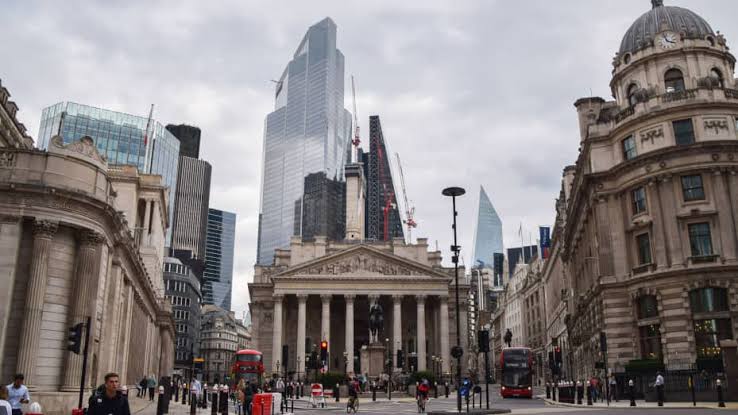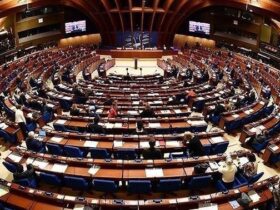
The UK regulator Ofgem announced on Thursday that the price cap on energy bills for most households will increase from January 2024, adding to the pressure on millions of consumers facing a cost-of-living crisis.
According to Ofgem, the annual amount that suppliers can charge an average household for electricity and gas will rise by £94 ($118) to £1,928 ($2,418) due to soaring wholesale energy prices, which have been affected by Russia’s war in Ukraine.
Ofgem’s Chief Executive Jonathan Brearley said, “This is a difficult time for many people, and any increase in bills will be worrying.”
The news comes as the UK government faces criticism for its handling of the economic fallout from the pandemic and the Brexit transition.
The Consumer Price Index inflation rate dropped to 4.6 percent in October 2023, thanks to lower energy bills, meeting Conservative Prime Minister Rishi Sunak’s goal of halving the inflation rate.
However, this relief is likely to be short-lived, as households and businesses will have to pay higher energy bills after the government scrapped the subsidies that helped to cushion the impact of the global energy crisis last year. Food prices are also expected to remain high as supply chain disruptions and labor shortages persist.
The Office for Budget Responsibility (OBR), the government’s fiscal watchdog, warned on Wednesday that Britons will face a record fall in living standards in 2024–2025, as real household disposable income per person will plunge by the largest amount since records began in the 1950s. It is also said that income levels will not recover to pre-pandemic levels until 2027–2028.
The Chancellor of the Exchequer Jeremy Hunt, who delivered a budget update on Wednesday, admitted on Thursday that many families were still struggling.
“People are feeling under pressure because of all the increases in inflation, shopping baskets and filling up the tank,” Hunt told BBC radio.
Hunt unveiled a series of measures to boost growth and win over voters ahead of the next general election, including a significant tax cut for workers by reducing national insurance, a payroll tax paid by employees and employers, from January 2024.
However, the OBR also slashed its economic growth forecasts to 0.7 percent in 2024 and 1.4 percent in 2025, down from 1.8 percent and 2.5 percent, respectively, in its previous projections.
In addition, the OBR predicted that inflation will not return to the Bank of England’s official target of two percent until the second quarter of 2025, a year later than previously expected.
This raises the possibility that interest rates will remain high for longer, affecting the cost of borrowing for consumers and businesses. #UK







Leave a Reply